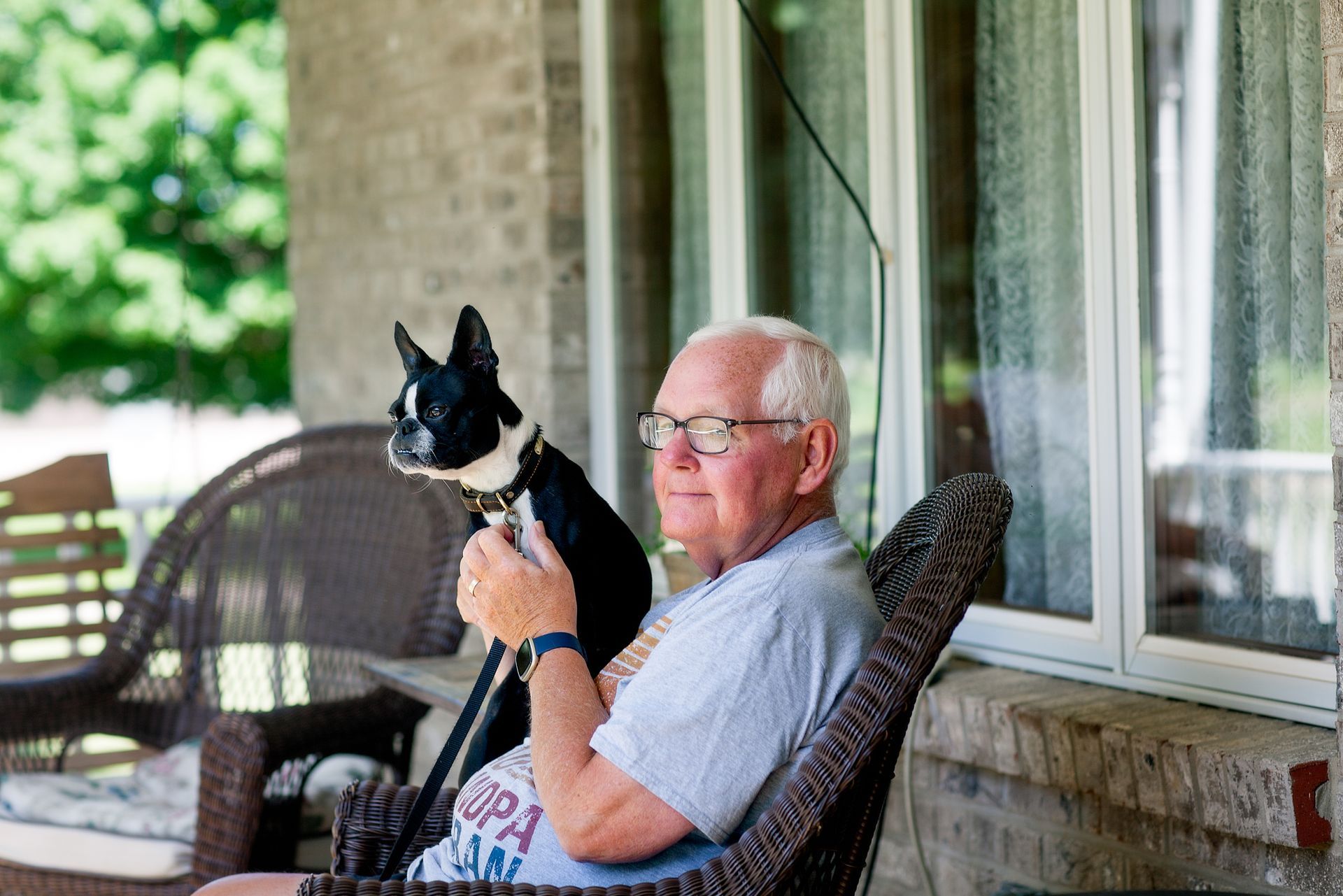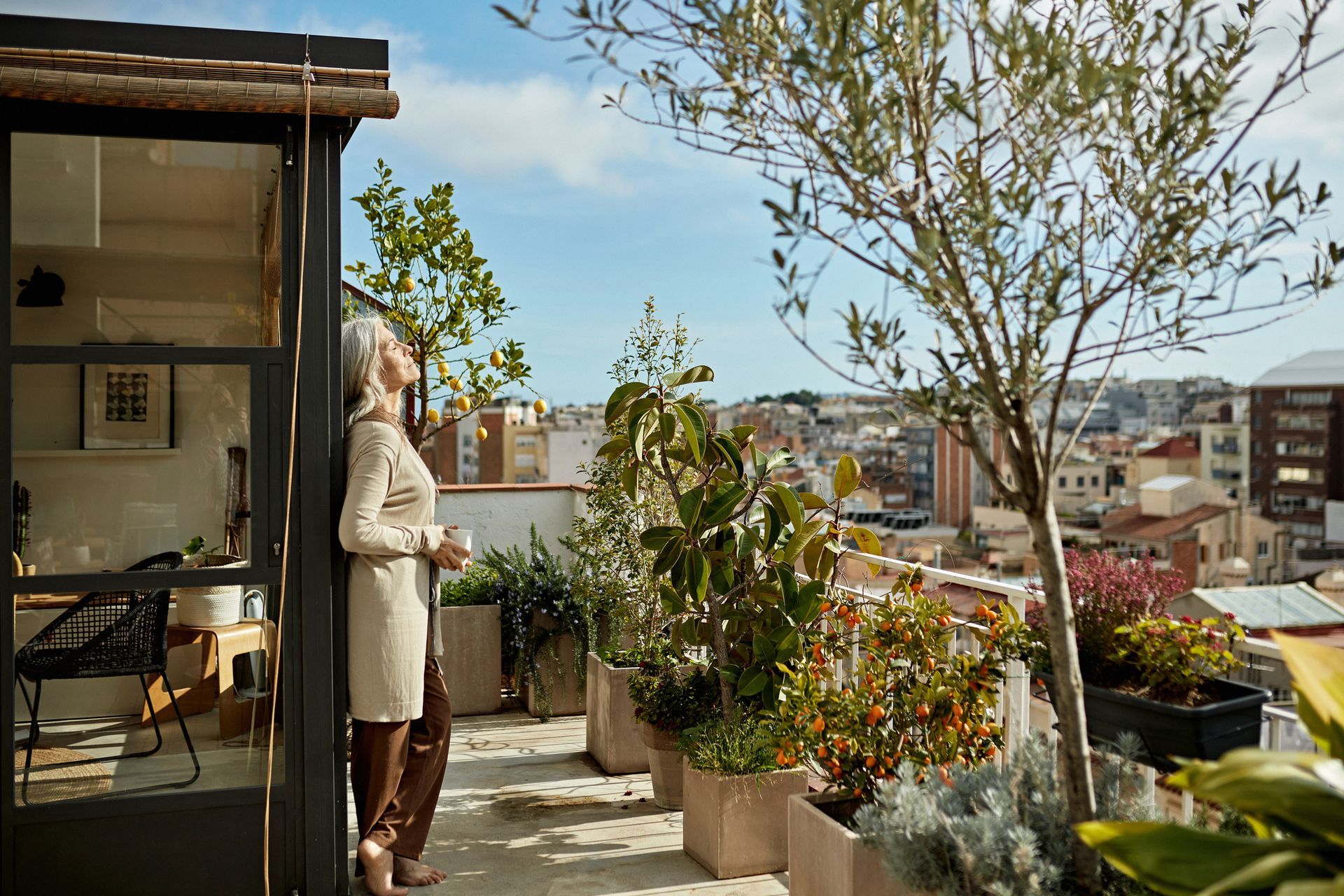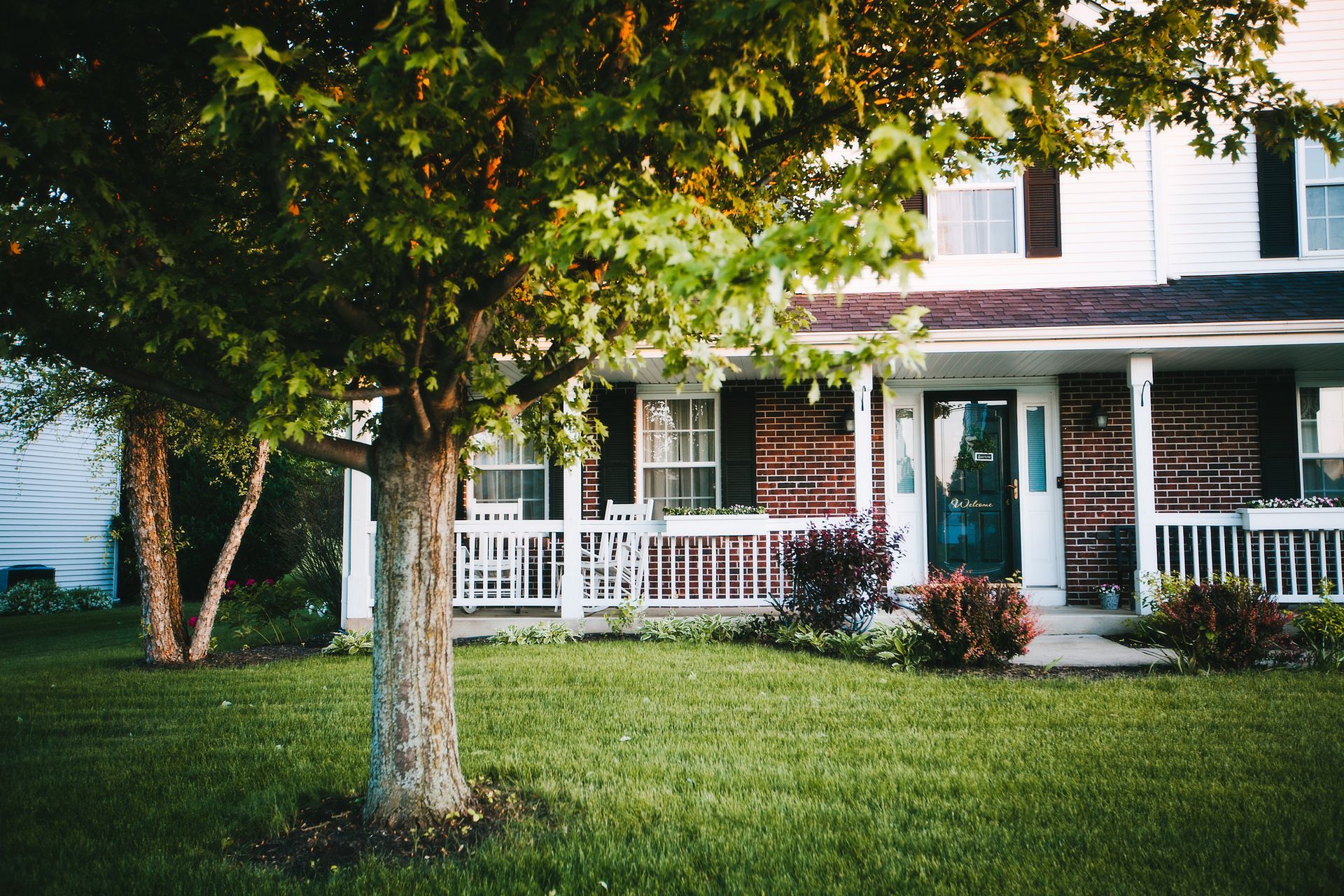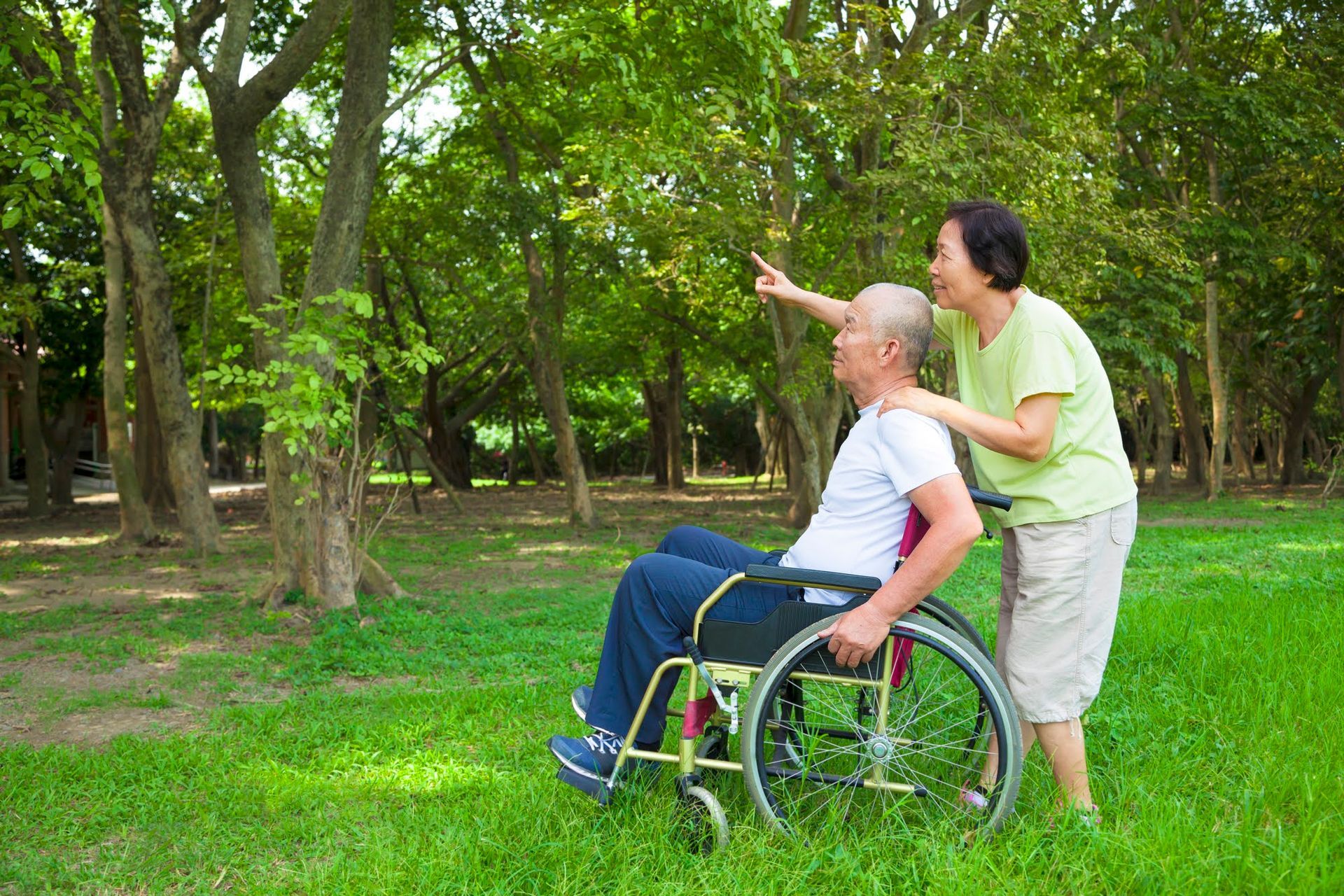3 Tips for Selecting Suitable Properties for In-Home Care
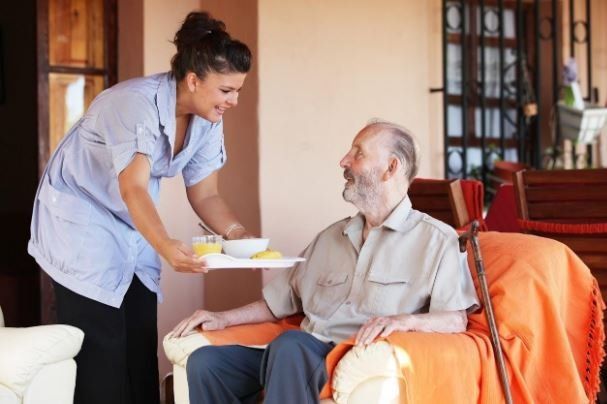
With the increase in the number of older citizens, one issue that must be addressed is how to ensure these individuals receive the care and help they need. As an individual ages, they may need help managing chronic medical problems, recovering from an injury, or living with dementia. Or, they may require assistance with household chores and cooking.
One solution that some families consider is hiring in-home care for their senior family member. If you plan to use in-home care for your senior loved one, it's important that they live in a property conducive to in-home caregiving. Here are a few tips to follow to select a property suitable for in-home care.
1. Inquire About the Procedures for Adding a Resident to the Property
When a senior citizen moves into a new rental, they have to sign a lease that states the terms, conditions, and expectations associated with living in the property and renting from the landlord or property management company. As you tour potential spots, see what the procedure is for adding an additional resident after your loved one has signed the lease.
Some seniors only need in-home care for a few hours each day or a couple days a week to help them with certain activities or for medical procedures. However, some seniors need around-the-clock care. This is especially common for individuals who have dementia.
See what you need to do to move in a caregiver after your loved has signed the lease. You'll likely need to tell the property management company about the caregiver, and you may need to provide information about them. The landlord may have to approve the caregiver and add an addendum to the lease.
You should also ask when the landlord views the caregiver as an additional resident. For example, if your loved one has surgery and will require extensive around-the-clock care for a couple of weeks, this may not be long enough for the caregiver to be viewed as a resident.
2. Search for a Property With Sufficient Space
If your loved one will likely need live-in help, either presently or in the future, you'll want to search for a property with sufficient space. This will ensure that the caregiver has a place to sleep, rest, or relax when they're off duty.
Remember, not all caregivers provide medical care, and many seniors don't initially need a lot of medical care. Some senior citizens need a hand with tasks around the house and meal preparation.
It's possible to work out an arrangement where the caregiver has free room and board in exchange for their help. An extra bedroom will give you more options for your loved one's in-home care.
3. Check That the Property Is Suitable for Mobility Limitations
One reason that some seniors require in-home care is injuries or conditions that reduce their mobility. They may need physical therapy for their recovery, or they might have to adapt to using adaptive devices and mobility implements.
Many seniors benefit from staying in a space that they're familiar with. You should check that potential properties can adapt to your loved one's needs if they develop or already have a mobility limitation.
Hallways and doorways should be wide enough for a wheelchair to pass through. The property should have grab bars in the bathrooms or be willing to let you install them. Ideally, properties should be one story and located on the lower level. If the property has stairs, check that an elevator is on-site or that your loved one can fully live on a single level.
Ready to look for properties for your senior relative? Contact Robert
Cottingham
Property Management Co to
explore our offerings
.



